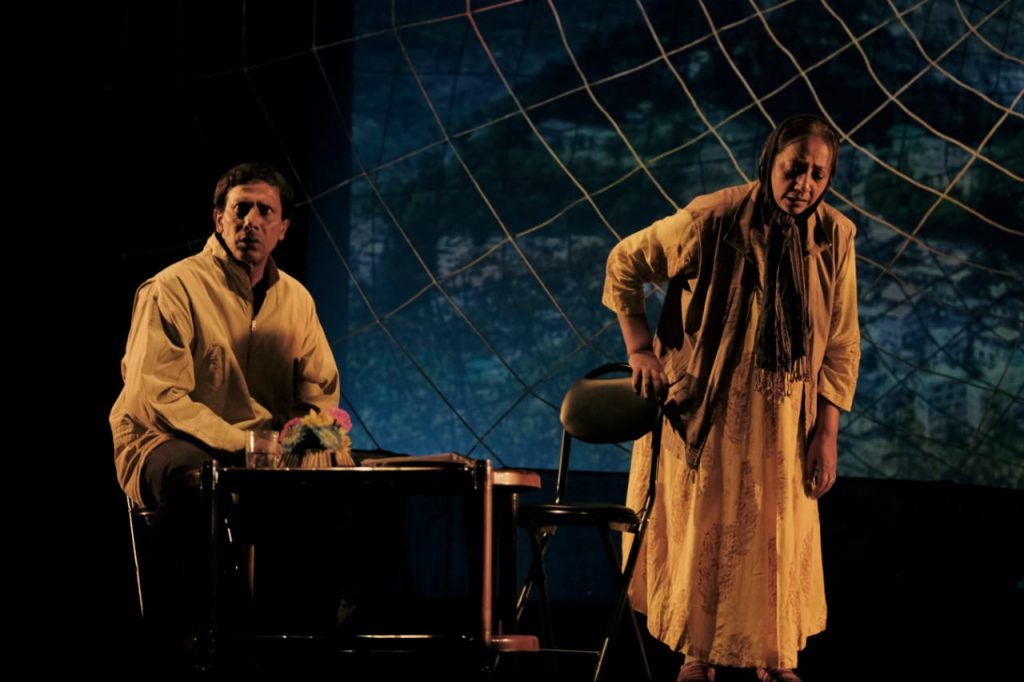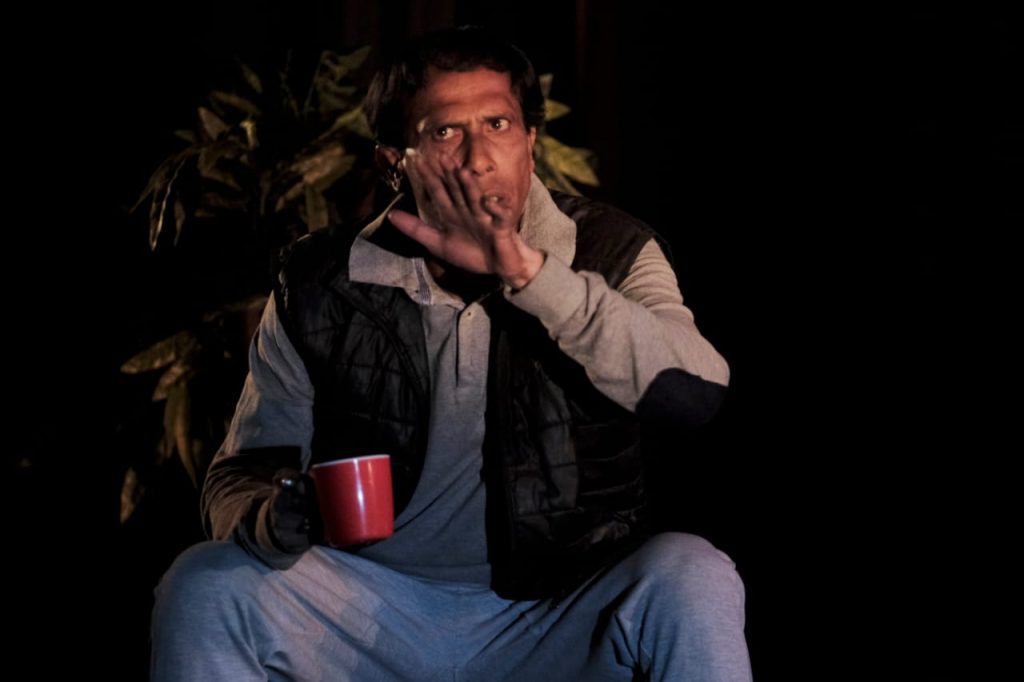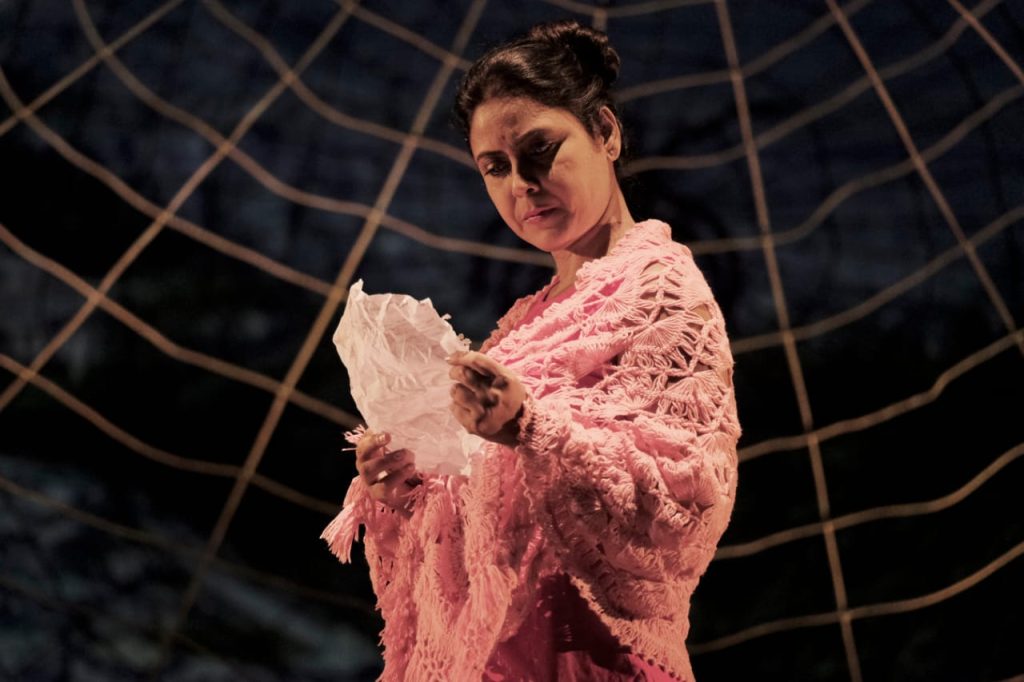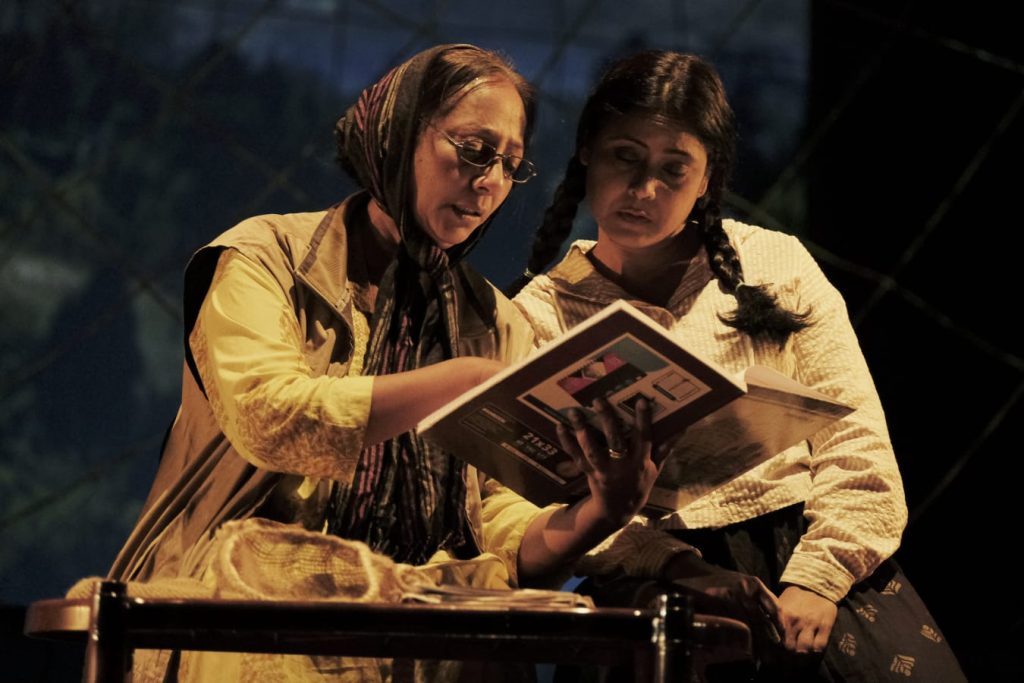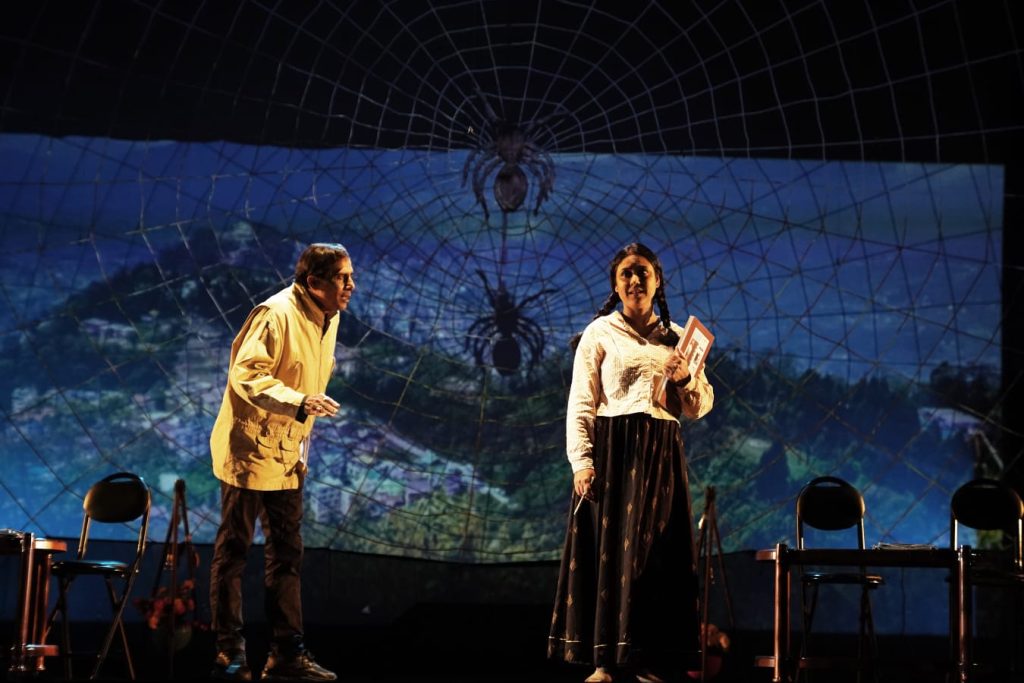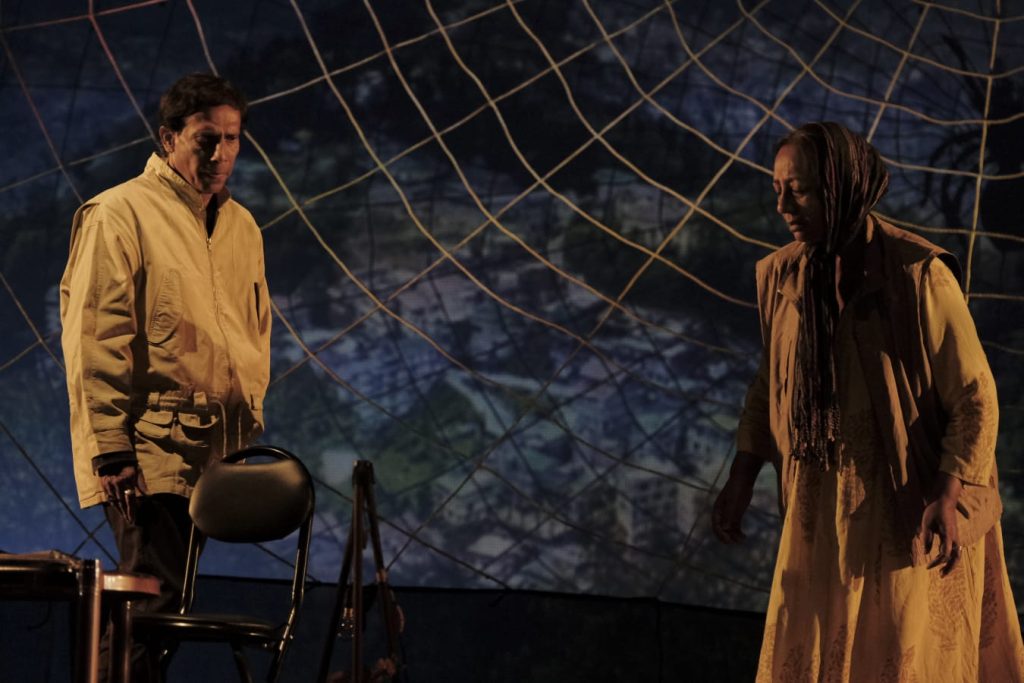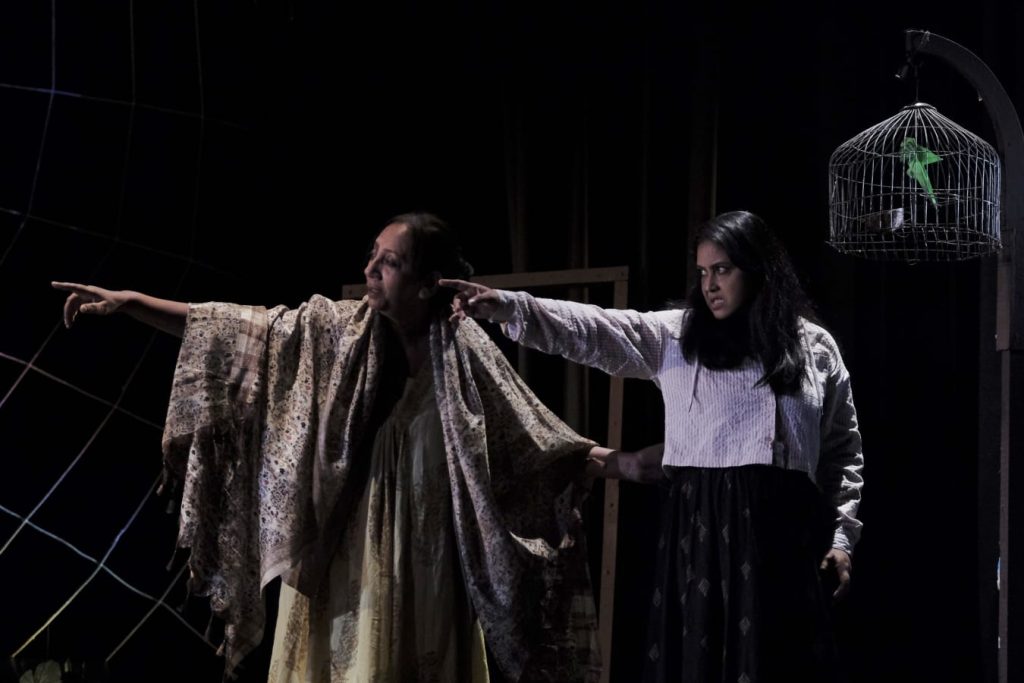‘Jaal’ – A brilliant adaptation of Albert Camus’ Le Malentendu
Chanchal Bhattacharya
French author, philosopher, and playwright Albert Camus was born on November 4, 1913, in colonial Algeria. A leading proponent of Existentialism and Absurdism, Camus left behind a legacy that shaped modern philosophy and literature.
His works such as the play Caligula (1945), and novels like The Rebel (1951), The Plague, The Stranger, The Fall, and A Happy Death continue to be celebrated worldwide. In 1957, Camus was awarded the Nobel Prize in Literature. He passed away on January 4, 1960.
The recent production by the Banshdroni Kathamrita theatre group titled “Jaal” is based on Camus’ play Le Malentendu (The Misunderstanding), translated and adapted by renowned playwright Jahar Dasgupta and directed by Shakti De. The play was successfully staged on June 5, 2025 at Madhusudan Mancha, and explored the themes of social rebellion and existential conflict.
“Jaal” immerses the audience in a crisis of existence — where the self becomes indistinguishable from the surrounding shadow. No matter who we are, a persistent crisis seems to follow us like a shadow. Often, we cannot foresee its arrival. We struggle continuously against it, but remain powerless to control it. When the inevitable happens, we are left devastated — desperately searching for a sense of existence in its aftermath.
The plot revolves around a mother and daughter — two socially and morally isolated women — who face a devastating choice they never imagined. A choice that tears away the deceptive shimmer of reality to expose a cruel truth. But can they truly withstand such a truth?
The Misunderstanding — or perhaps Mistaken Identity — turns everything into a grotesque parody of life. The spider’s web that traps the characters gradually begins to ensnare the audience as well.
That’s why the character Bhola screams, “As long as you control greed, you walk the right path. But when greed controls you…” Thus unfolds this play of existence and non-existence — “Jaal.”
When the curtain rises, the audience is transported through the threads of a spider’s web to a mysterious mountainous region — a brilliant concept by director Shakti De. The stage design by Partha Majumdar adds depth and texture to the vision.
Suranjana Dasgupta stands out in the role of the mother. A well-known name in Bengali theatre, she delivers an intense performance full of anguish, loneliness, and despair — firmly reestablishing her dominance on stage. Opposite her, Bindia Ghosh plays the daughter, Maya, with equal brilliance. Their onstage chemistry becomes a riveting psychological game — an endless serpentine dance between mother and daughter.
Then comes the royal entrance of Shakti De as Jayanta on a stormy night. He arrives, he sees, and he conquers — bringing fullness and conflict to the narrative. The mother and daughter fail to recognise him, and a catastrophic twist unfolds.
Abhisikta De as Barnali, Jayanta’s wife, delivers a line that echoes across the mountain slopes:
“Where do I go now? Whom do I turn to?”
Her helplessness reverberates like an emotional tremor.
Shambhu Mitra, portraying Bhola, proves that even with minimal dialogue, an actor can dominate the stage — his physical movements and body language are his greatest assets. As Stanislavski said, “Nothing is small” — and Shambhu embodies this truth.
Biswajit Pal (as Haladhar) and Krishna Kar (as Paritosh) both offer natural and fitting performances in their respective roles.
Lighting by Manoj Prasad creates vivid, layered moments that elevate the play. The sound design by Kalyan Sarkar adds depth and atmosphere.
In short, with Camus’ Le Malentendu as its foundation, translated by Jahar Dasgupta and masterfully directed and performed by Shakti De, “Jaal” by Banshdroni Kathamrita is sure to be remembered as an exemplary and enviable production in the world of Bengali theatre.

